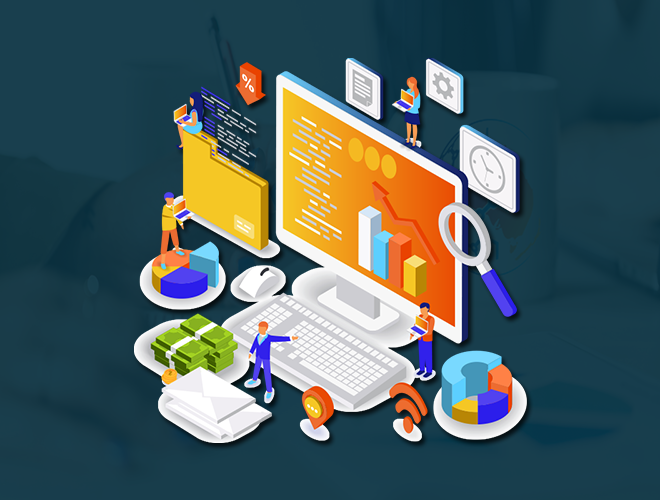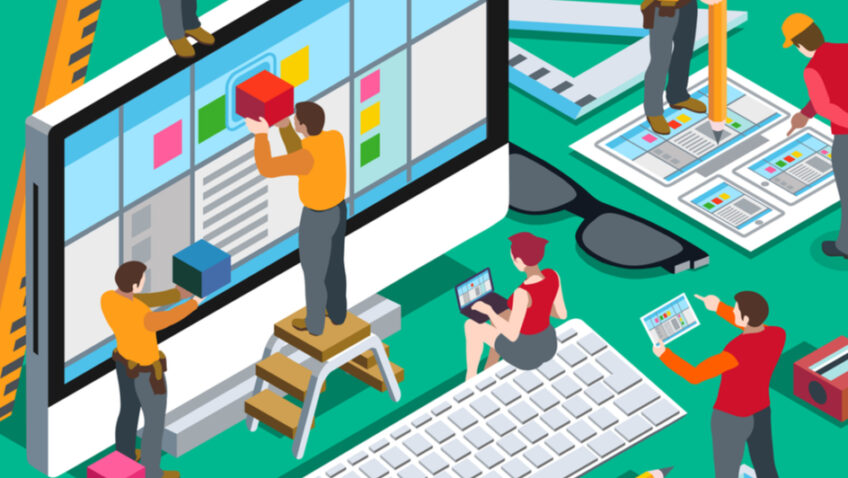Are you looking for a digital agency to help create your website or mobile application? With so many options available, it can be hard to know what to look for in an agency. To help narrow down your search, here are some key criteria that you should consider when selecting a digital agency:

- Experience and Expertise
- Understanding of Your Goals
- Ability to Work with Your Budget
- Quality of Communication
- Reliability and Flexibility
- Use of the Latest Technologies
- Portfolio of Previous Projects
- Reviews and Testimonials
Finding the Right Digital Agency: What to Look For in a Web Design or Web Development Agency?
In today’s digital world, having an online presence is essential for businesses of all sizes – from large corporations to small start-ups. Having a website or mobile app allows businesses to reach customers around the world and create additional sales opportunities they wouldn’t have been able to do otherwise. However, building these products requires specialized skills – which is why many companies turn to digital agencies for their web design and development needs. But with so many options out there, how do you pick the right one? Here are seven tips on what to look for in a web design or development agency before making your decision:
Experience and Expertise:
When choosing an agency partner, make sure they have experience working on projects similar in scope and complexity as yours – this will ensure better results compared to working with an inexperienced firm that may not understand your business requirements fully. Also, look at their portfolio of past projects – this will give you insight into their level of expertise across various technologies such as HTML/CSS, JavaScript frameworks like ReactJS & AngularJS, Figma to webflow, etc., as well as more complex stacks like Ruby on Rails & Java. If possible, ask them about any challenges they faced during the project lifecycle and how they overcame those issues too!

Understanding of Your Goals:
It’s important that the chosen digital agency understands exactly what you want from the product being built; this means that communication between both sides should be clear throughout every stage of the project lifecycle – from initial meetings to launch day! The best way to ensure good communication is by setting expectations upfront regarding timeframes, budget constraints (if any), desired features & functionality, etc.; this will help keep everyone focused on achieving common goals without too much confusion later down the line.

